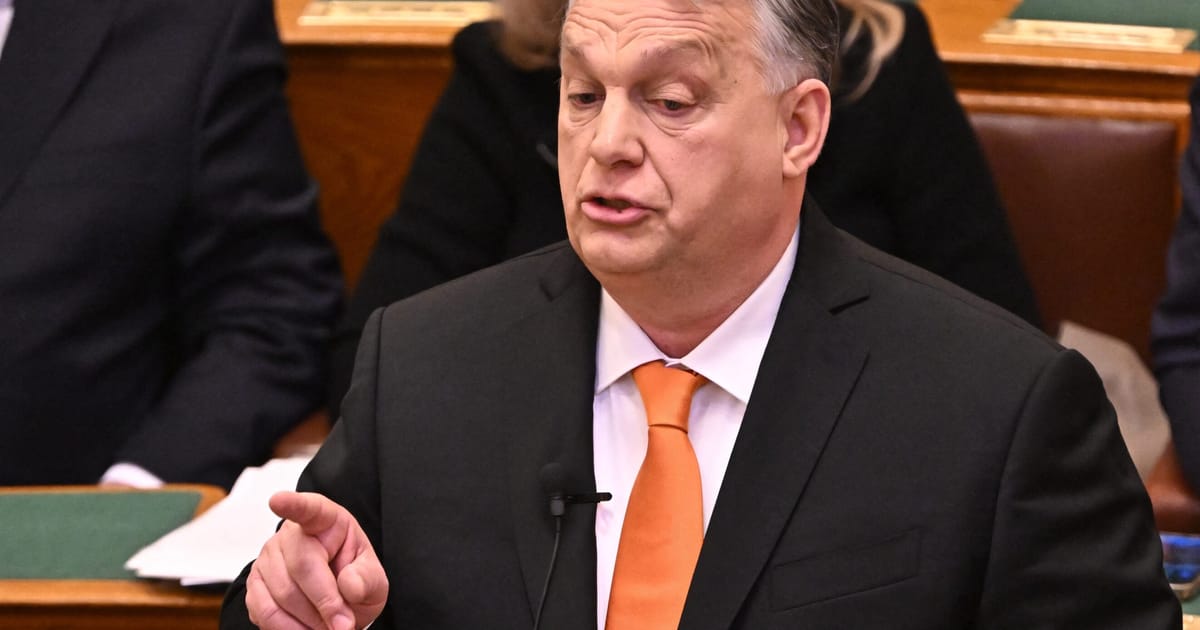Hungarian leader praised Republican front-runner as a “man of peace.”
Donald Trump will totally stop funding Ukraine if he wins the U.S. election in November, Hungarian Prime Minister Viktor Orbán said following a meeting between the right-wing figureheads.
“He will not give a penny in the Ukraine-Russia war,” Orbán told Hungarian state media Sunday. “Therefore, the war will end, because it is obvious that Ukraine can not stand on its own feet.”
The longtime allies met last Friday at Trump’s Mar-a-Lago resort in Florida, a summit which was lambasted by U.S. President Joe Biden.


You are quite right to raise this point.
Relevant wikipedia article for those who are unaware:
https://en.wikipedia.org/wiki/Appeasement
The whole article is worth a read. TLDR: Chamberlain’s legacy and foreign policy has been (partially) re-evaluated.
Might be worth remembering that while Tories like Chamberlain were busy appeasing Hitler’s Germany, they were significantly less dovish towards Lenin’s Russia.
British Tories endorsed the White Army in its war to reclaim Moscow, following the 1917 revolution. Brits participated in the blockade of Russian ports and harassment of their officials through the collapse of the Tory government in 1921. And the Brits, with Churchill as their Chancellor of the Exchequer, conducted a kind of Cold War with the Soviets well into the 1930s. The Munich Agreement was, at least in part, an effort to contain the Communists of Czechoslovak Sudetenland.
So much of the Western treatment towards the Germans during the 30s was, at its heart, a response to the failures of the Romanov Government at the end of WW1. And there was significant speculation - particularly with the Soviet economic boom of pre-WW2 era - that they’d be the Big Bad all the western powers were going to have to rally against. So Germany was - both directly by US business and indirectly by British appeasement - propped up as a regional counterweight.